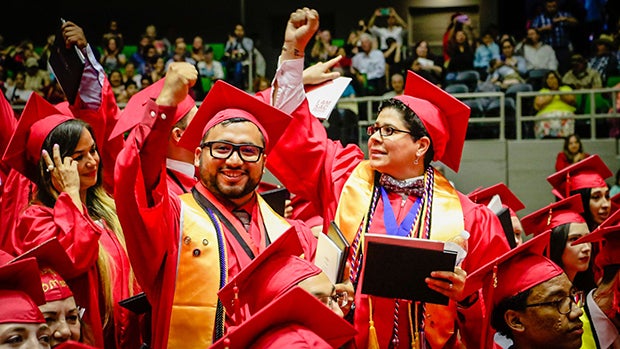This week, the PBS NewsHour ran a feature on Walla Walla Community College, which was just last week named in the Aspen Prize top 10 for the second year running. The story (which can be viewed here) is in some senses familiar and in others quite distinct.
Like many other community colleges, Walla Walla is woven into the fabric of its community. In hundreds of cities and towns around the country, two-year colleges are effectively and affordably delivering trained workers that employers rely on to staff their businesses, and families rely on to afford a decent life.
For too long, these institutions have gone unnoticed and under-appreciated. What the PBS story about one community college signals is that our nation is awakening to the vital importance of all community colleges as (among other things) job training centers critical not just to local citizens and their communities, but the economic recovery of our nation as a whole.
What distinguishes Walla Walla Community College is the degree to which it has helped envision and deliver a new future and what that means — in concrete, daily ways — for the people who live and work there. When faced with an economic decline like the one Walla Walla found itself in the middle of, many other community college leaders and staff might have worked to make sure that their programs are aligned to what remains.
Walla Walla went further. By building programs and training workers in targeted areas – wind energy, wine making, water management – the college helped the region build new sustainable industries, and a new sustainable future. Doing so took bold action by leaders, willing to take the risks needed to realign the college’s resources to what students, families, and the community most needed.
Watch the story to learn more about what community college excellence looks like. Most of all, see it in the faces of the students who have been allowed to see new futures for themselves.

